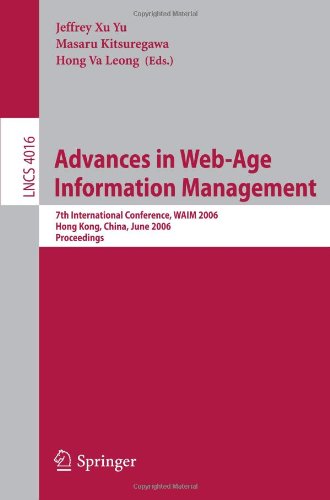

Most ebook files are in PDF format, so you can easily read them using various software such as Foxit Reader or directly on the Google Chrome browser.
Some ebook files are released by publishers in other formats such as .awz, .mobi, .epub, .fb2, etc. You may need to install specific software to read these formats on mobile/PC, such as Calibre.
Please read the tutorial at this link: https://ebookbell.com/faq
We offer FREE conversion to the popular formats you request; however, this may take some time. Therefore, right after payment, please email us, and we will try to provide the service as quickly as possible.
For some exceptional file formats or broken links (if any), please refrain from opening any disputes. Instead, email us first, and we will try to assist within a maximum of 6 hours.
EbookBell Team

4.0
16 reviewsWith the rapid development of Web-based learning, a new set of learning - vironments including virtual classrooms, virtual laboratories and virtual u- versities are being developed. These new learning environments, however, also introduce new problems that need to be addressed. On the technical side, there is a need for the deployment of e?ective technologies on Web-based education. On the learning side, the cyber mode of learning is very di?erent from tra- tional classroom-based learning. On the management side, the establishment of a cyber university imposes very di?erent requirements for the set up. ICWL 2005, the 4th International Conference on Web-Based Learning, was held in Hong Kong, China from July 31 to August 3, 2005, as a continued - tempttoaddressmanyoftheabove-mentionedissues.Followingthegreatsuccess of ICWL 2002 (Hong Kong, China), ICWL 2003 (Australia), and ICWL 2004 (China), ICWL 2005 aimed at presenting progresson the technical, pedagogical, as well as management issues of Web-based learning. The conference featured a comprehensive program, including a number of tutorials, two keynote talks, a main track containing regular as well as short paper presentations, and an application track. We received a total of 99 submissions from all over the world. The Program Committee selected 33 papers as regular papers for presentation in the main track, an acceptance rate of about 33%. Due to the high-quality submissions, the Committee decided to further accept 9 papers as short papers for presentation.